
Guyana political stalemate drags on

The electoral outcome is critical to the country's future oil policy, six months after ExxonMobil kicked off deepwater production on the Stabroek block.
Only around 18pc of votes have been recounted in nine days so far, with a 25-day estimate for the full process.
A result will be known "by the middle to late June, if all goes well with the recount," an official of the country's elections commission told Argus.
The controversy deepened this week when the government attacked the head of the Organization of American States (OAS) election observer mission, former Jamaican prime minister Bruce Golding, as being "partisan with unquestionable links" to the main opposition PPP party.
Golding told a 13 May meeting of the OAS permanent council he had "never seen a more transparent effort to alter the results of an election."
Golding "appears to have now become an unabashed co-conspirator of the PPP seeking to defy the will of the Guyanese people," government spokesman Joseph Harmon countered.
The Atlanta-based Carter Center's observer mission, whose return to the country was thwarted by the government last week, must reapply for permission to enter, and will have to observe the country's anti-virus protocols" that could include a 14-day quarantine, Harmon said.
The US would consider a range of sanctions if the vote were not transparent, US ambassador to Guyana Sara-Ann Lynch said this week. The measure could include individual visa restrictions and financial measures.
"We are hopeful though that we don't have to go down that road" as the elections commission moves forward with the recount, she told a local radio station.
For the US, there is pressure to show balance with neighboring Venezuela, where a May 2018 election widely deemed as fraudulent led to extensive sanctions and a shift in recognition from President Nicolas Maduro to opposition leader Juan Guaido. Most Western countries have followed suit. Venezuela and Guyana have a longstanding territorial dispute that is germane to oil development.
Guyana's elections commission had earlier declared that the ruling coalition led by president David Granger's PNC party had won the election. But the PPP denounced the vote as rigged, while international observers also expressed concern for the integrity of the process.
The ruling coalition has rejected the PPP's pledge to review all licenses signed after ExxonMobil's contract, potentially impacting fellow US major Chevron and European firms Total, Repsol, Eni and Tullow.
ExxonMobil was producing 77,500 b/d of crude in early May, 37.6pc higher than January output, according to the country's energy department that forecasts 120,000 b/d by early June.
By Canute James

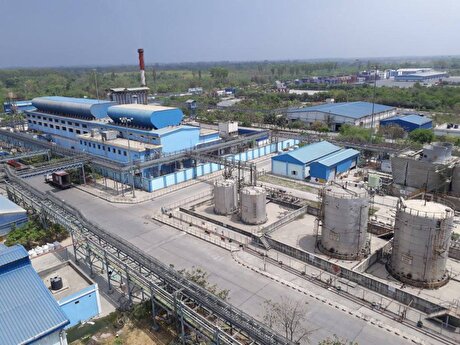
Hindustan Zinc to invest $438 million to build reprocessing plant

Gold price edges up as market awaits Fed minutes, Powell speech

Glencore trader who led ill-fated battery recycling push to exit

UBS lifts 2026 gold forecasts on US macro risks

Roshel, Swebor partner to produce ballistic-grade steel in Canada

Iron ore price dips on China blast furnace cuts, US trade restrictions

EverMetal launches US-based critical metals recycling platform

US hikes steel, aluminum tariffs on imported wind turbines, cranes, railcars
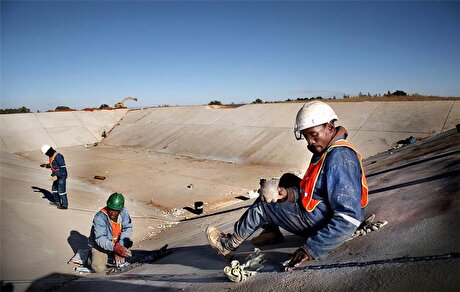
South Africa mining lobby gives draft law feedback with concerns
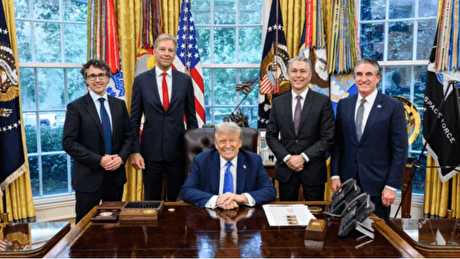
Trump raises stakes over Resolution Copper project with BHP, Rio Tinto CEOs at White House
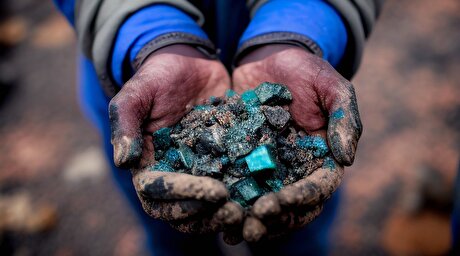
US seeks to stockpile cobalt for first time in decades

Trump weighs using $2 billion in CHIPS Act funding for critical minerals

Nevada army depot to serve as base for first US strategic minerals stockpile

Emirates Global Aluminium unit to exit Guinea after mine seized

Tailings could meet much of US critical mineral demand – study

Codelco cuts 2025 copper forecast after El Teniente mine collapse
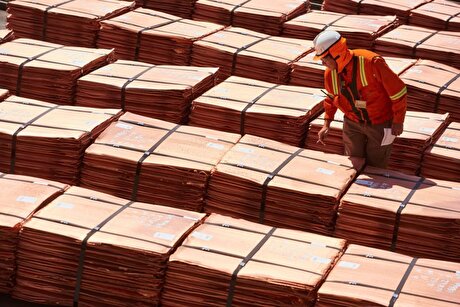
Glencore targets 1Mt of copper in Argentina over coming decade

Viridis unveils 200Mt initial reserve for Brazil rare earth project

SQM boosts lithium supply plans as prices flick higher

US seeks to stockpile cobalt for first time in decades

Trump weighs using $2 billion in CHIPS Act funding for critical minerals

Nevada army depot to serve as base for first US strategic minerals stockpile

Tailings could meet much of US critical mineral demand – study

Codelco cuts 2025 copper forecast after El Teniente mine collapse

Glencore targets 1Mt of copper in Argentina over coming decade

Viridis unveils 200Mt initial reserve for Brazil rare earth project

SQM boosts lithium supply plans as prices flick higher

Abcourt readies Sleeping Giant mill to pour first gold since 2014














